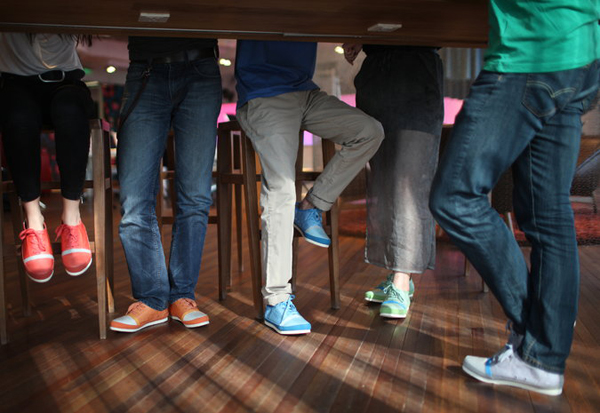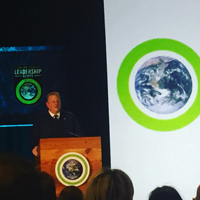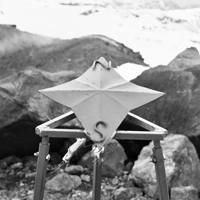
A story on Tyvek’s paper-weight, water-resistant sneakers caught our attention last week as we’ve had more interest than ever in our latest Sustainability and the State of the Future Youth Culture Reports.
The minimalist trends in sneakers these days and the rise in brands that have some component of sustainability or fair trade (i.e., TOM’s Shoes, Keep, The People’s Movement), have given rise to footwear that means more than athletic style.
Tyvek, which is created by the Unbelievable Testing Laboratory, based in Shanghai and Las Vegas, is actually a material that is also used in sponsorship banners, for example, as well as book covers, hazmat suits, and medical packaging. It’s becoming a popular material for sneakers, but also accessories such as bags, and even fashionable skirts and dresses.
According to an article in the New York Times about the growing popularity of Tyvek sneakers, designer Steven Weinreb said, people are often surprised by the shoe.

“They’ll say, ‘Oh my God, these are extremely lightweight and they’re so cool-looking,’ ” Mr. Weinreb says. “ ‘But they’re made out of paper.’ ”
Weinreb sells the shoes online and in boutique shoe stores nationwide through his company Civic Duty, based in Secaucus, N.J.
Civic Duty markets its Tyvek sneakers as sustainable, and made for those who don’t like to wear leather products. In addition, Civic Duty recycles the shoes in various at special recycling centers that convert them into “a picnic table or a park bench or something else that’s made from the Tyvek itself,” says Weinreb.
Since Civic Duty’s founding in 2009, its sales have totaled about $8 million, he said.
Competitors are popping up to compete with Unbelievable Testing Laboratory and major brands from Nike to Adidas are all trying to move in the direction of creating more sustainable materials for their sneakers without sacrificing athletic performance.
According to our research, there’s a growing marketplace of young buyers who are looking for sustainable products, especially when it comes to their sneakers. This has put new emphasis on sourcing materials that fit the bill and creating solutions to get such footwear to market.
But what has also changed is sneaker style preferences which is moving in the direction of simple, less performance-based, and more tech-based. In a sense, it’s not necessarily about wearing the sneaker for its former “sneaker-sake” but more to match changes in preferences for futuristic, innovative, wearable technology. Tyvek is tapping into the grove of a generation that’s going to be buying wearables as a part of their fashion style—part performance art/part sustainability, and of course cool-looking.


